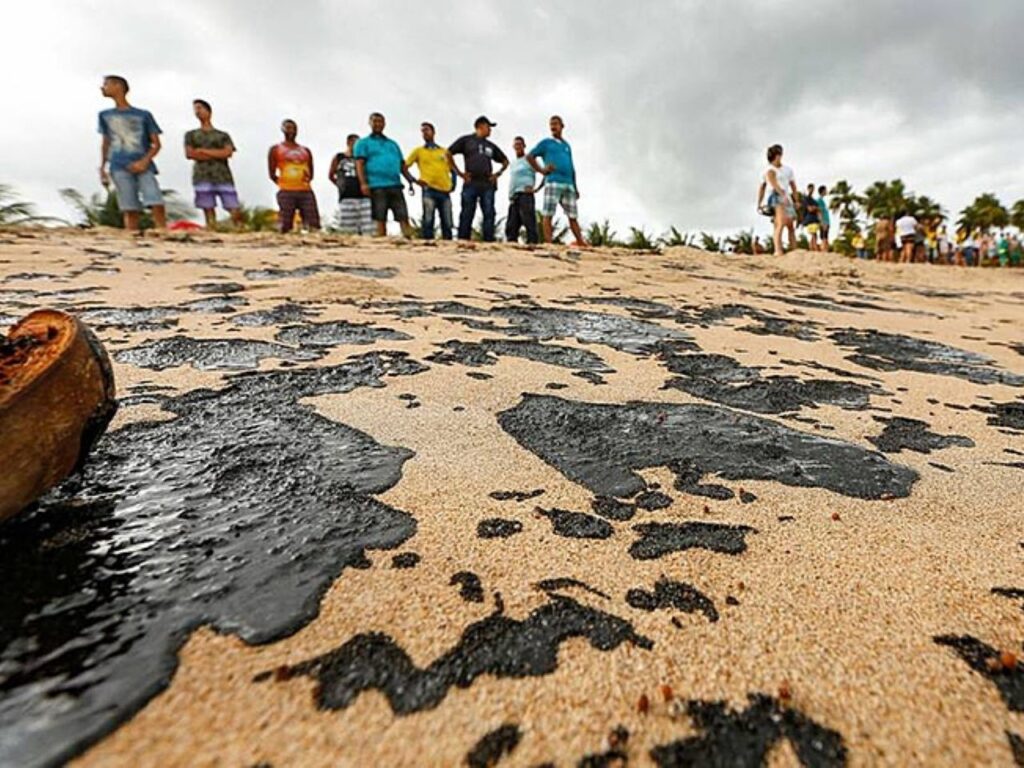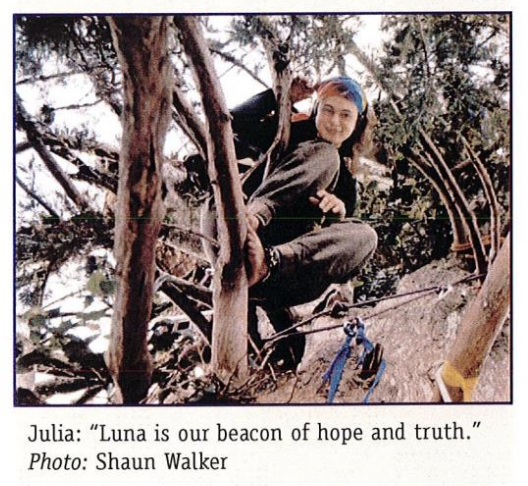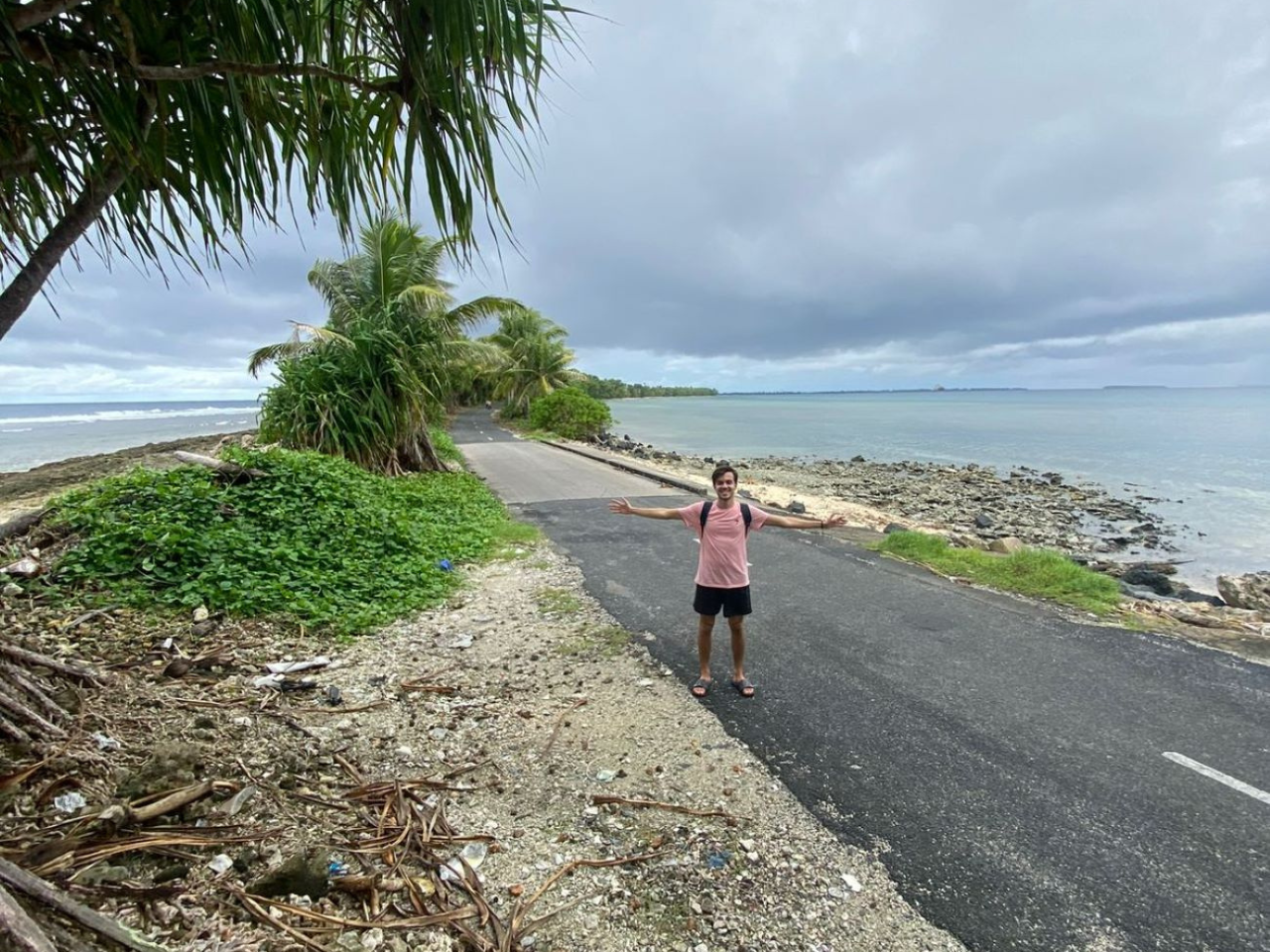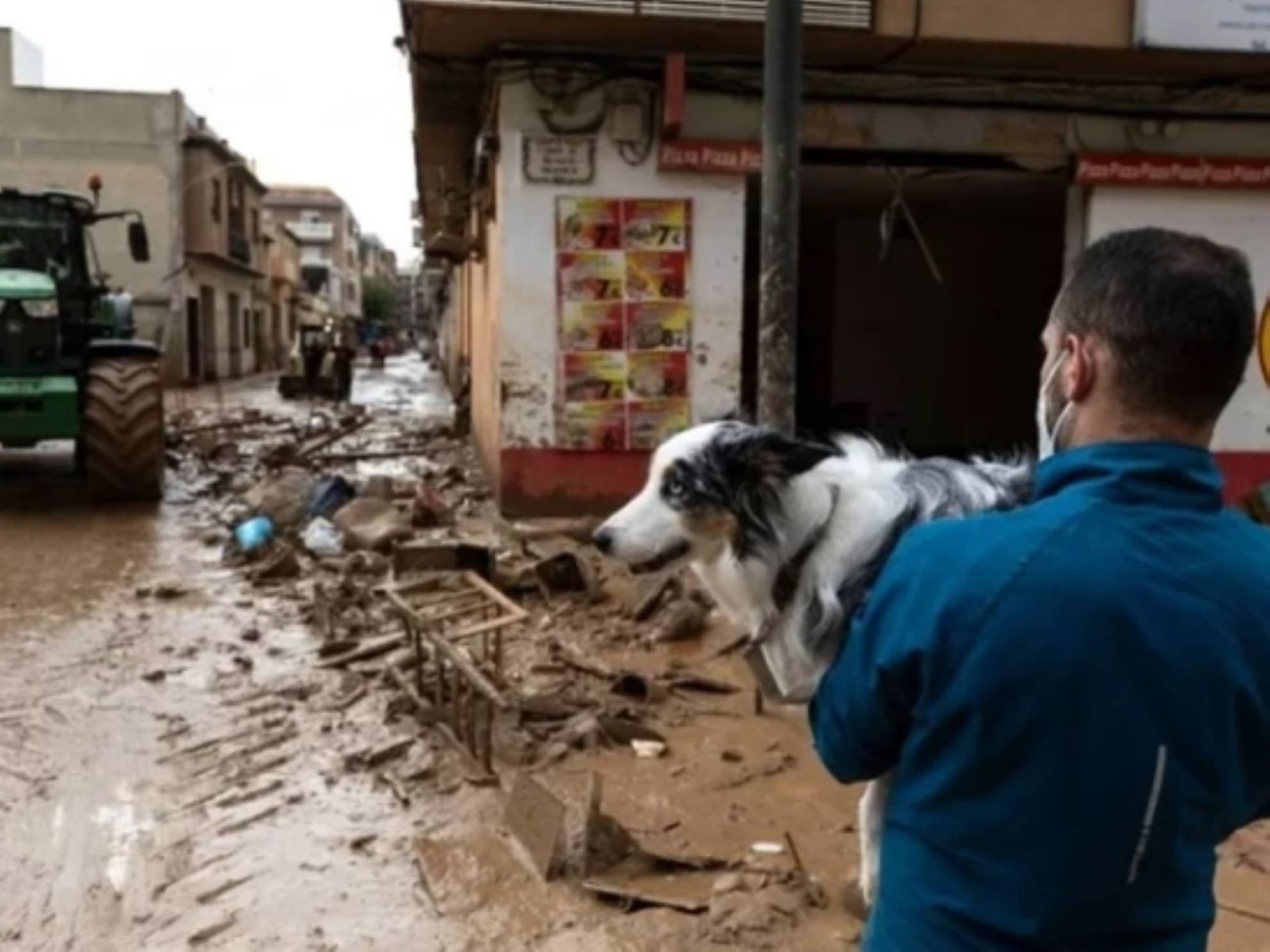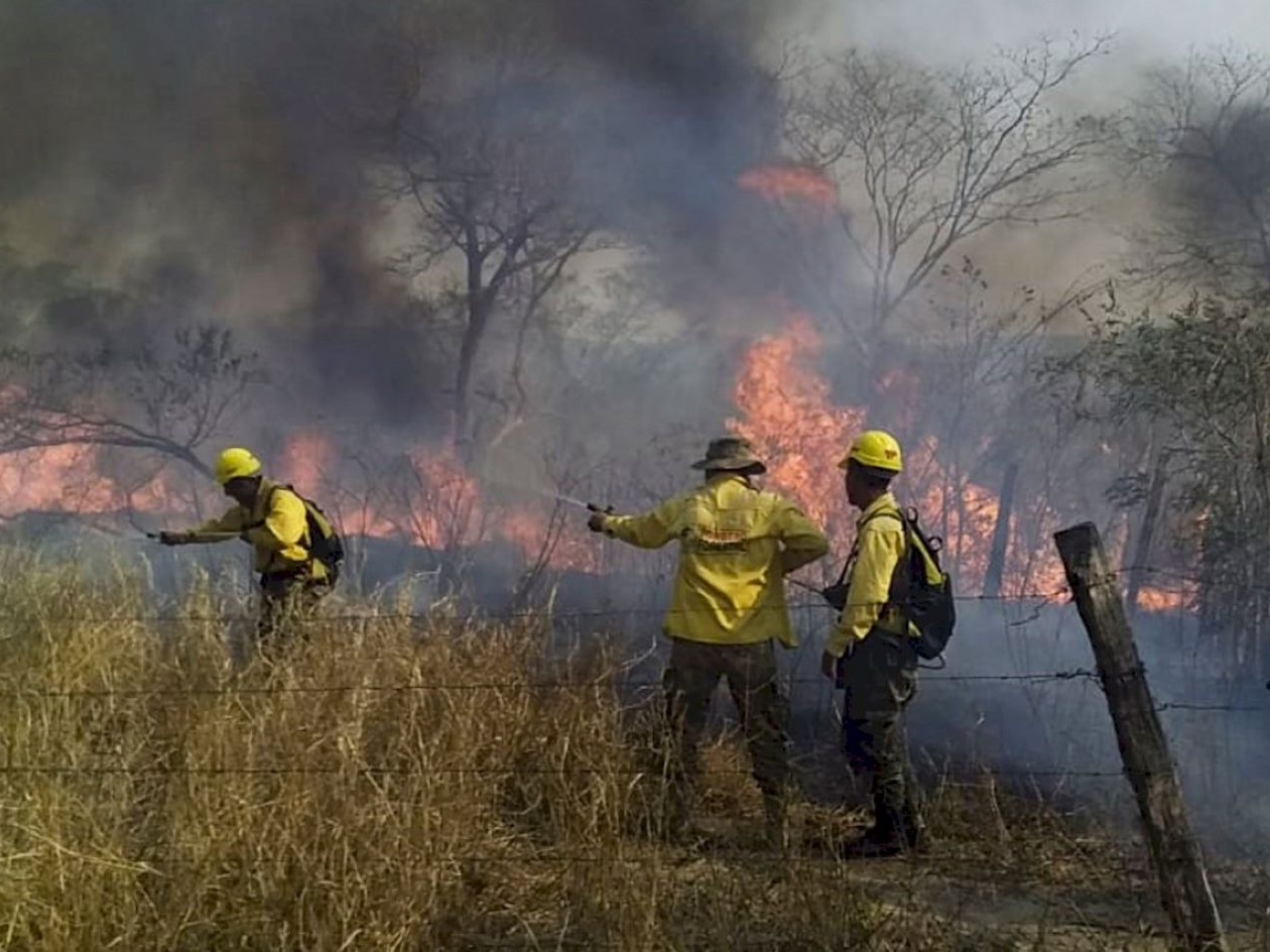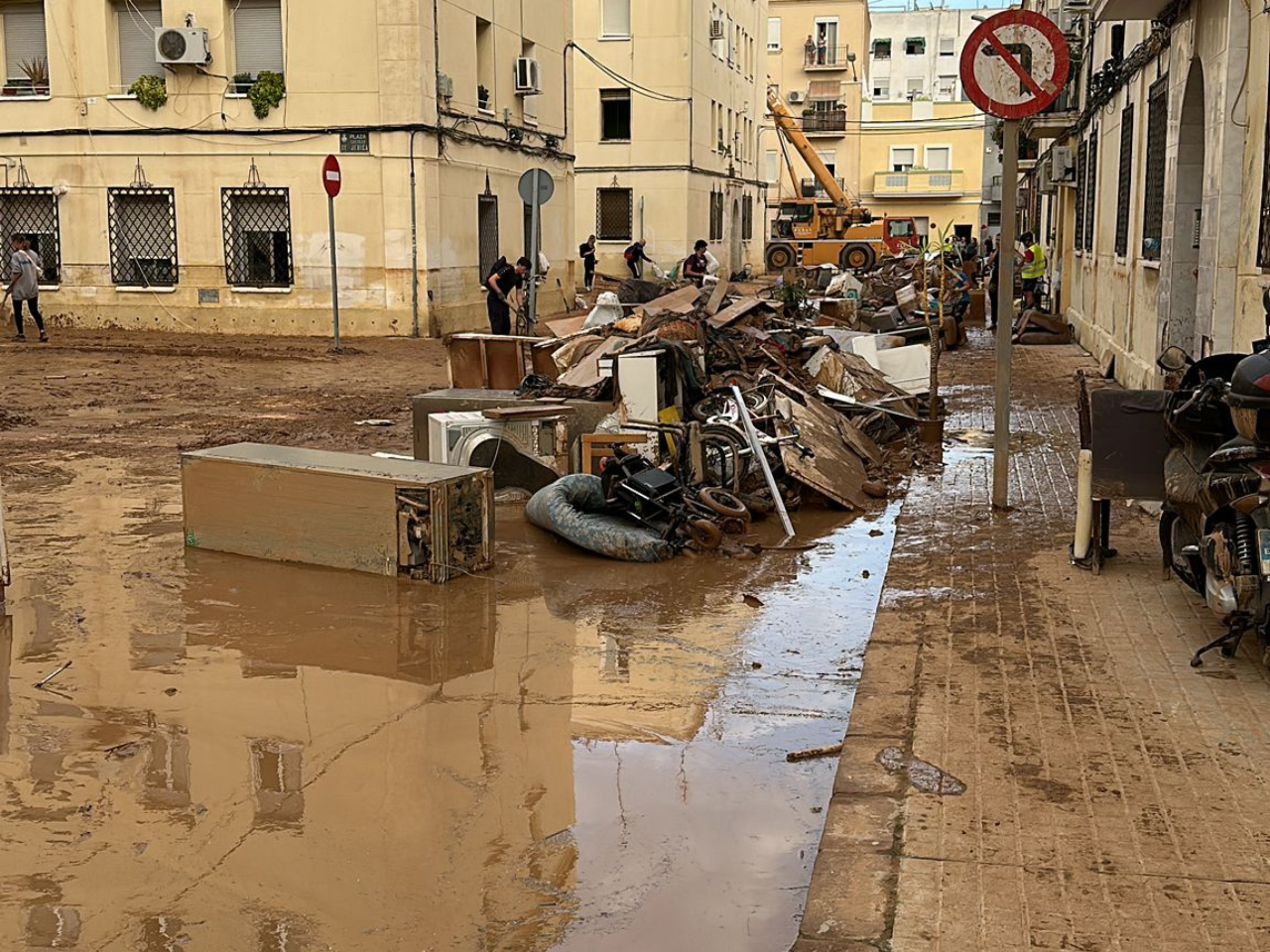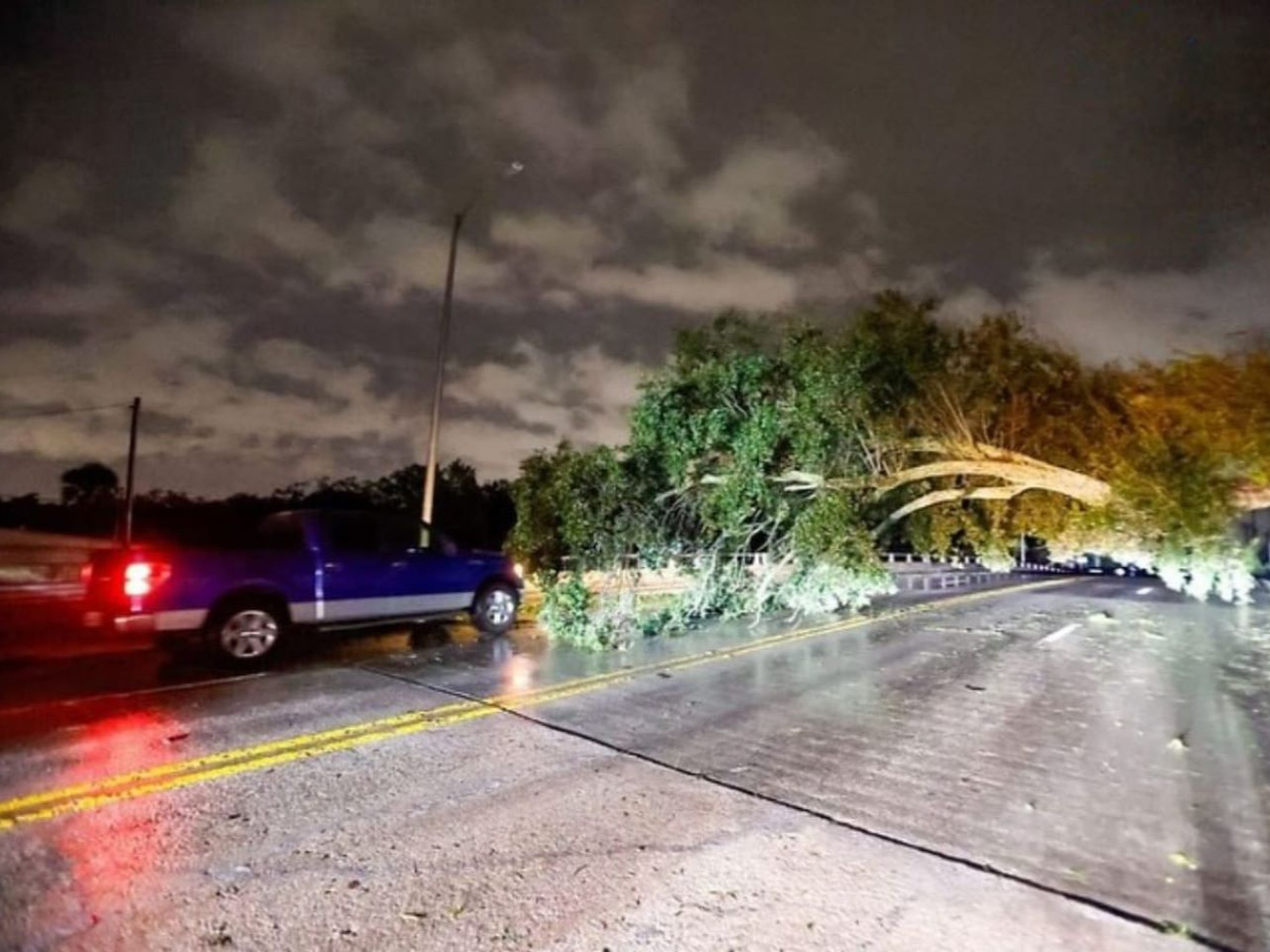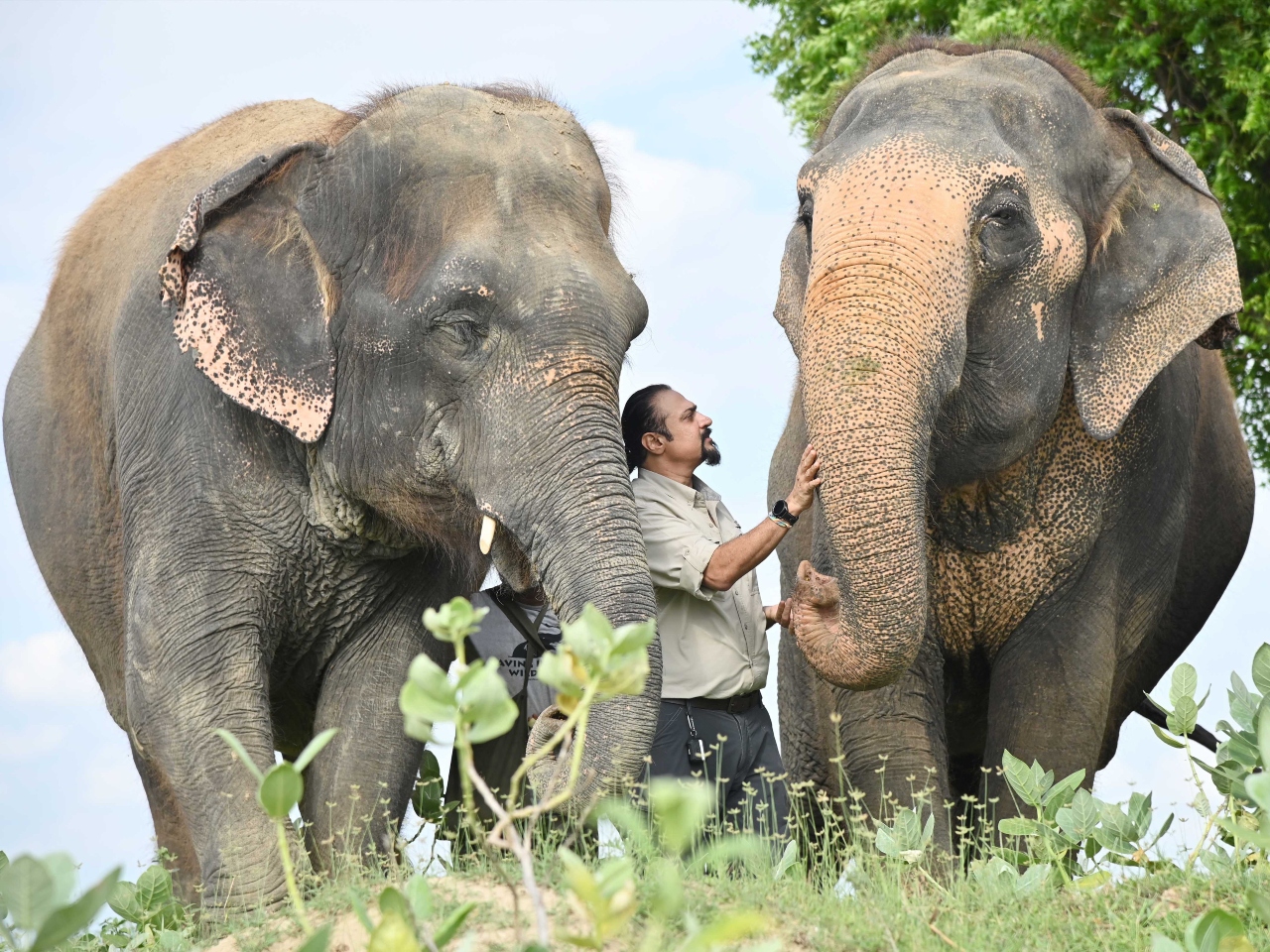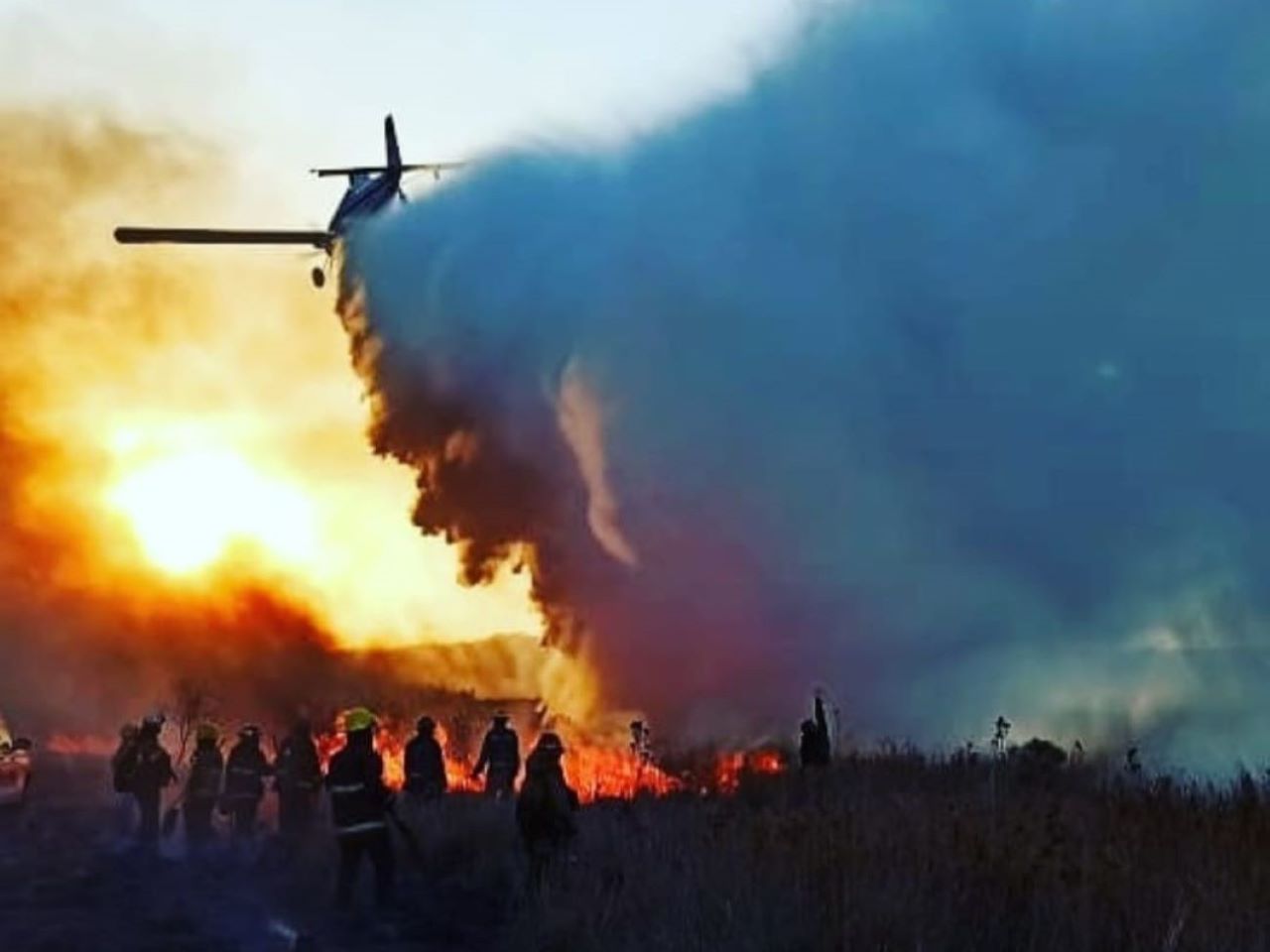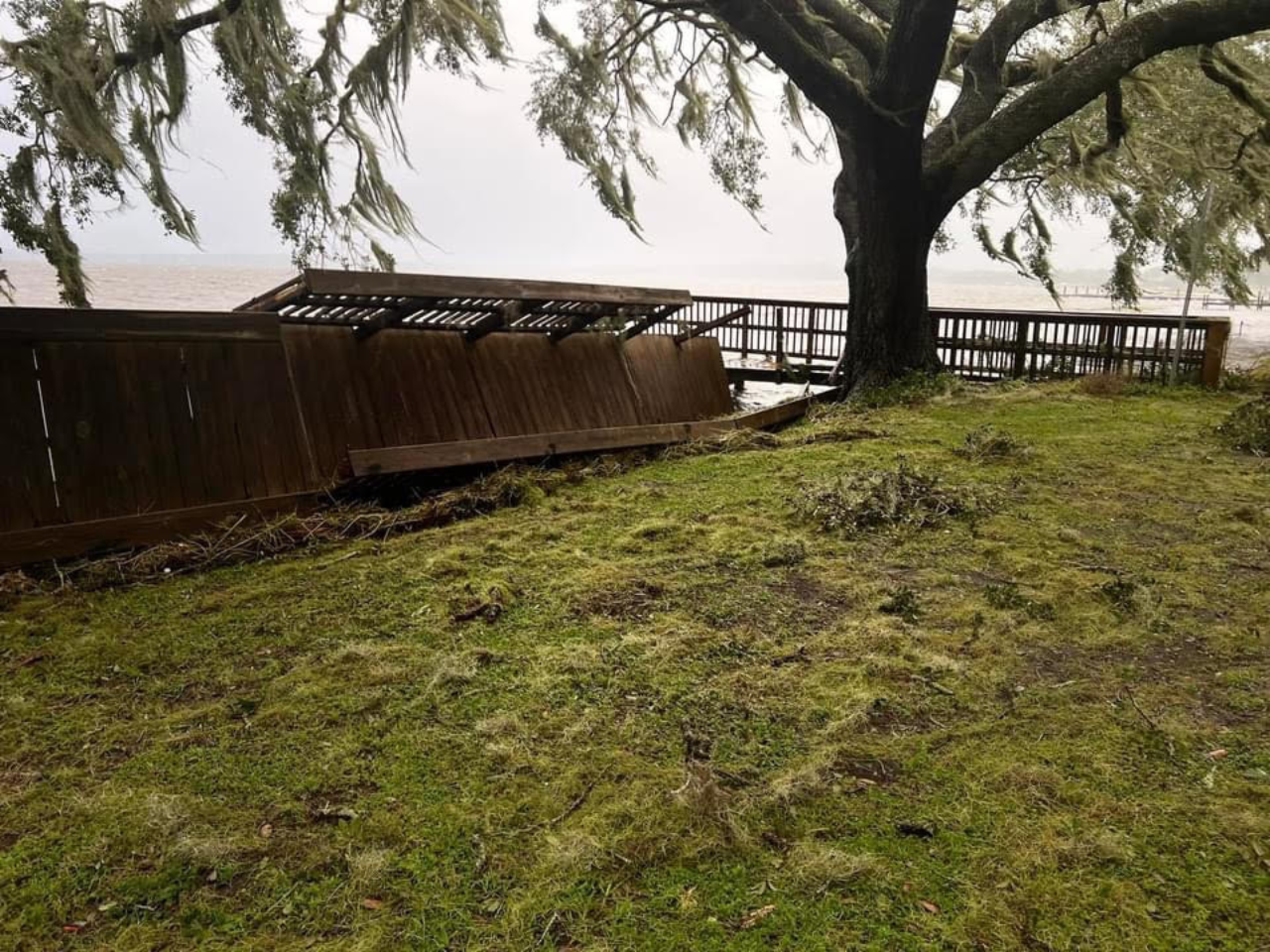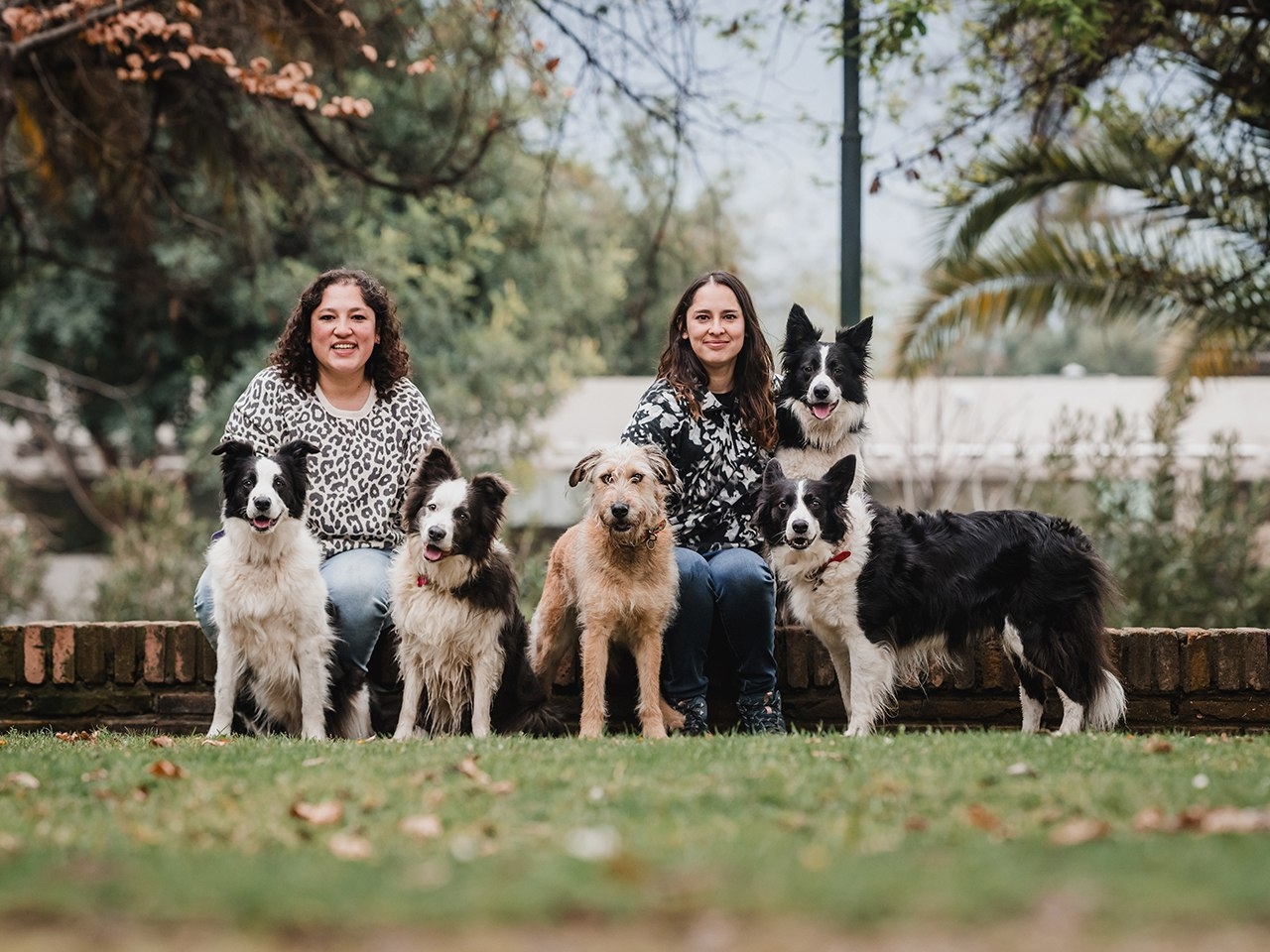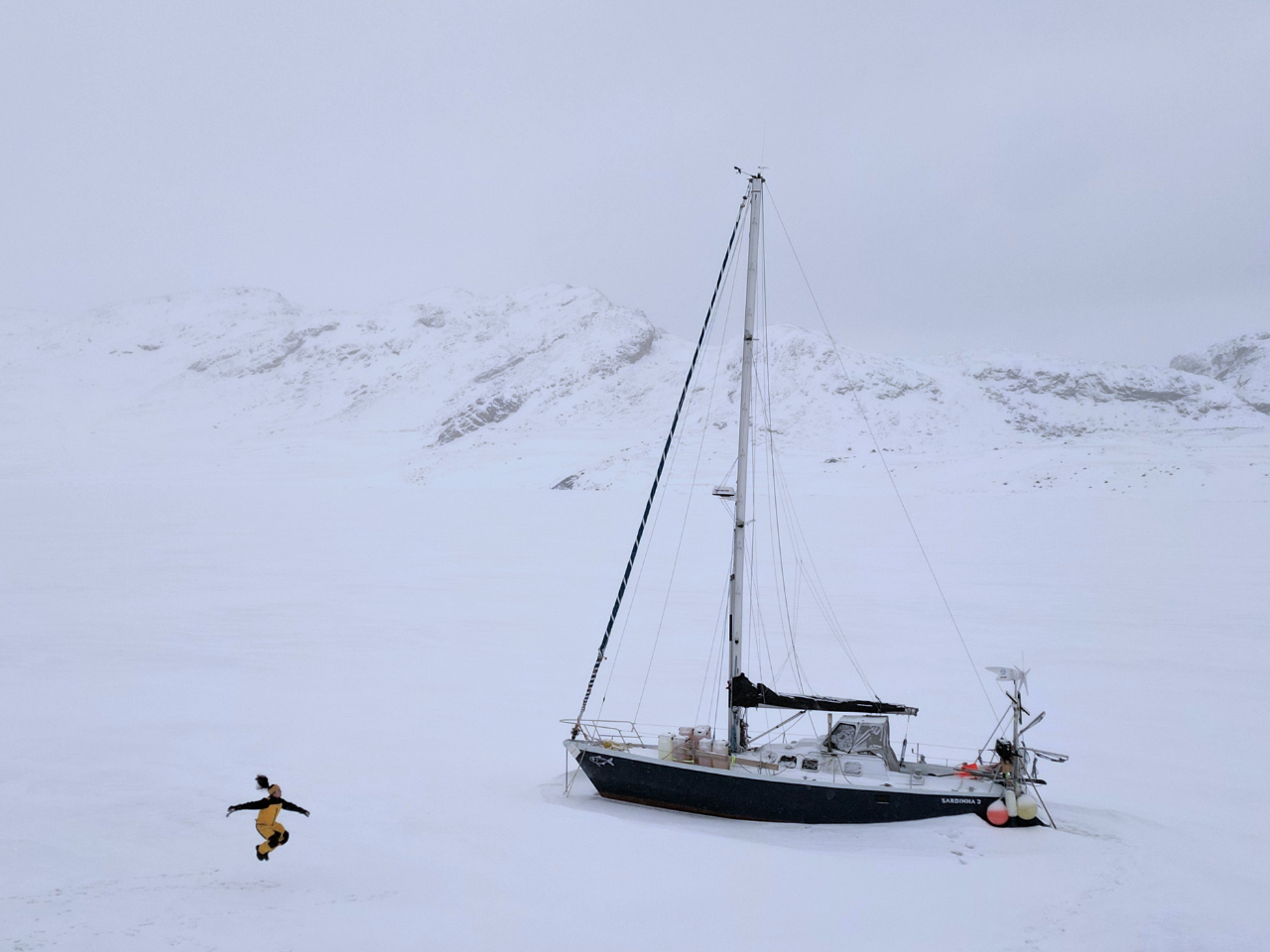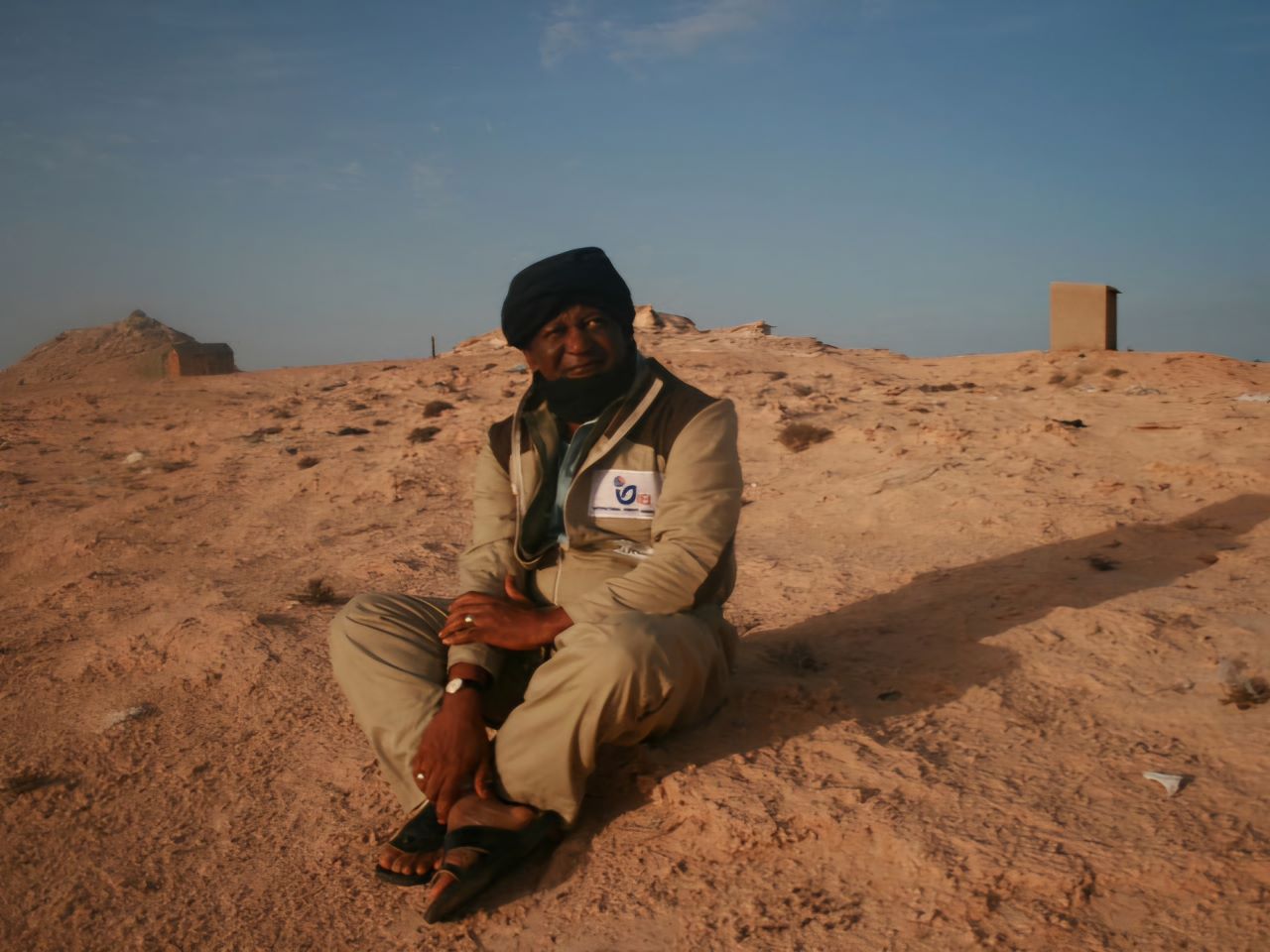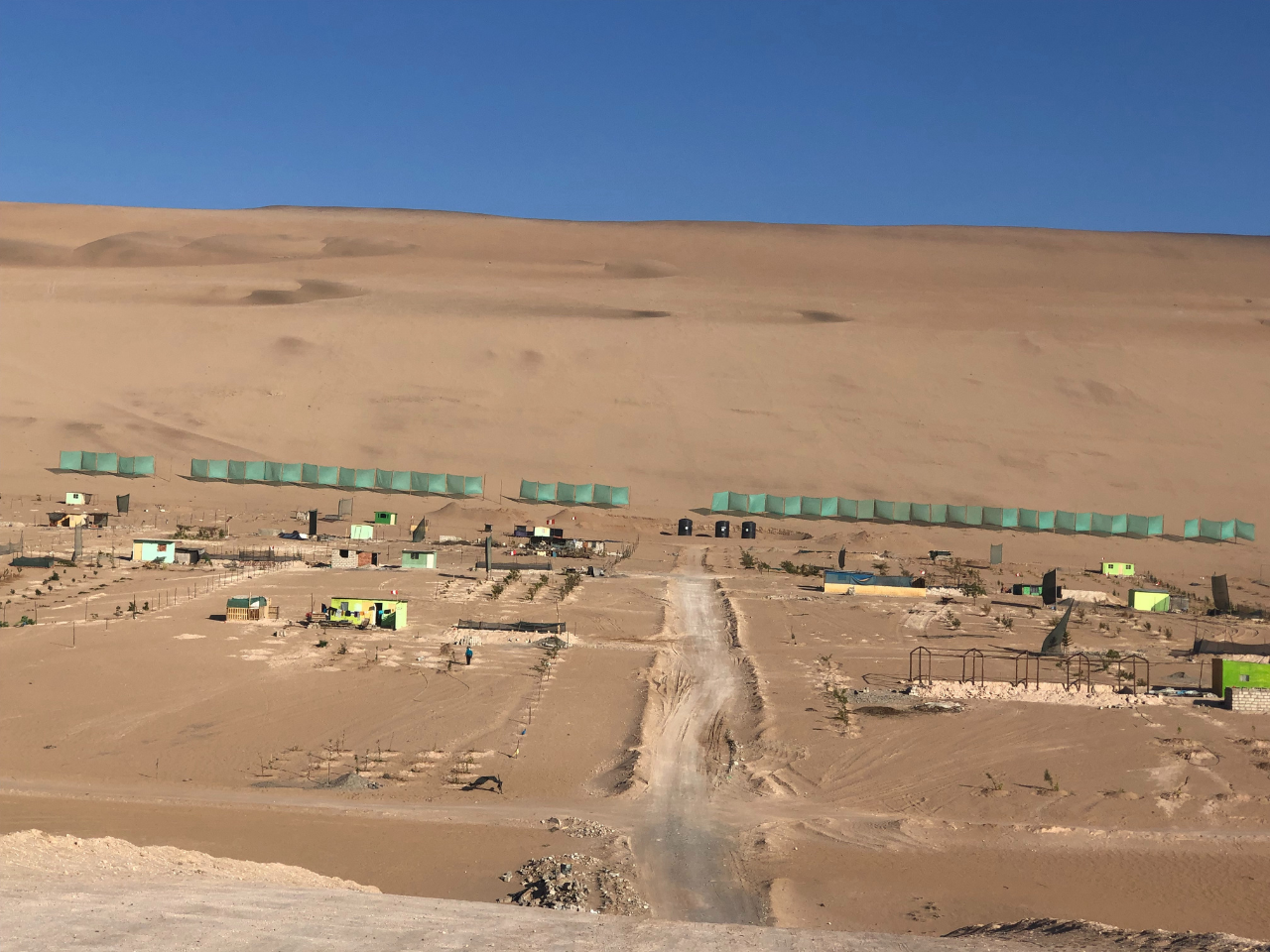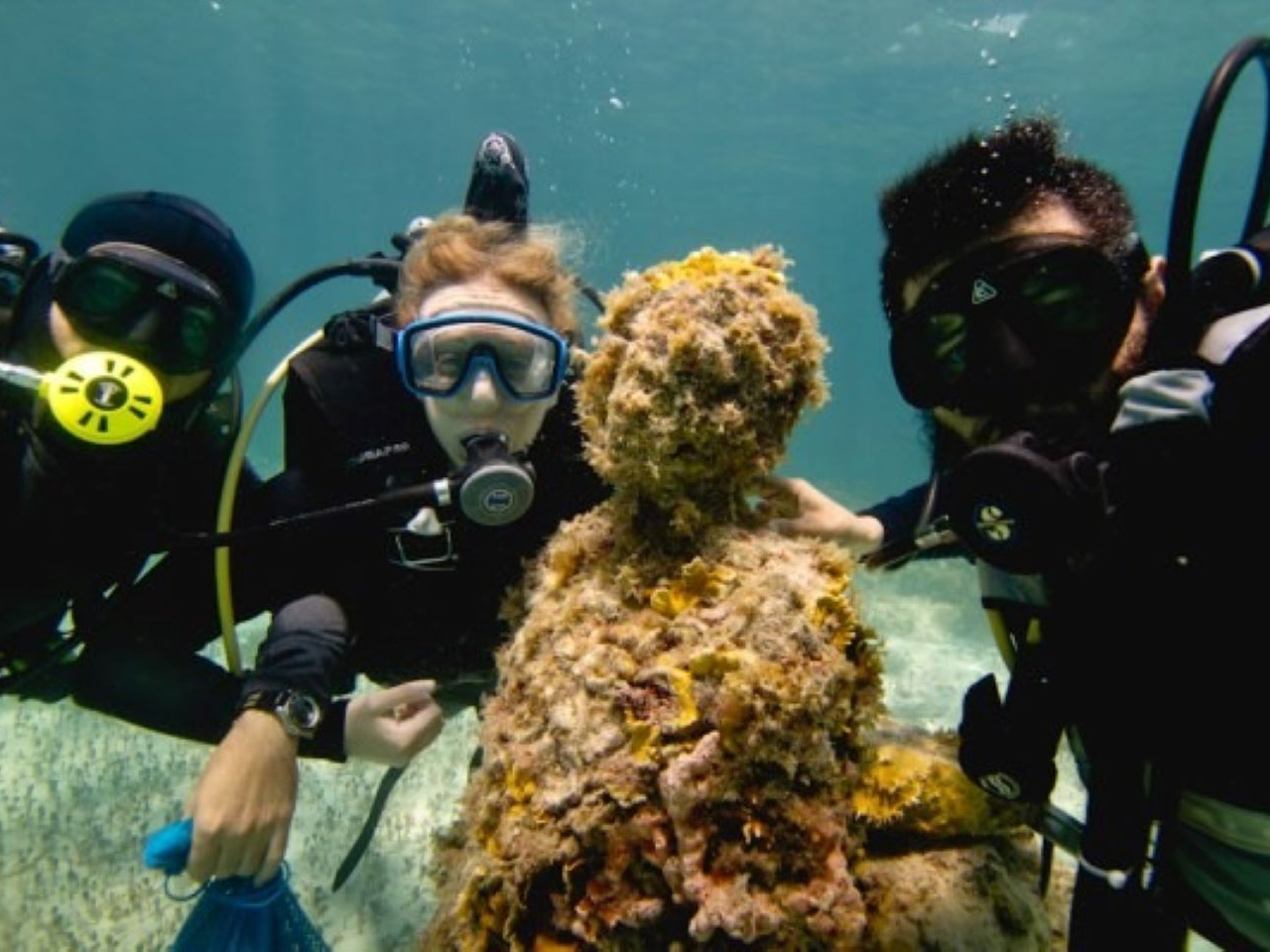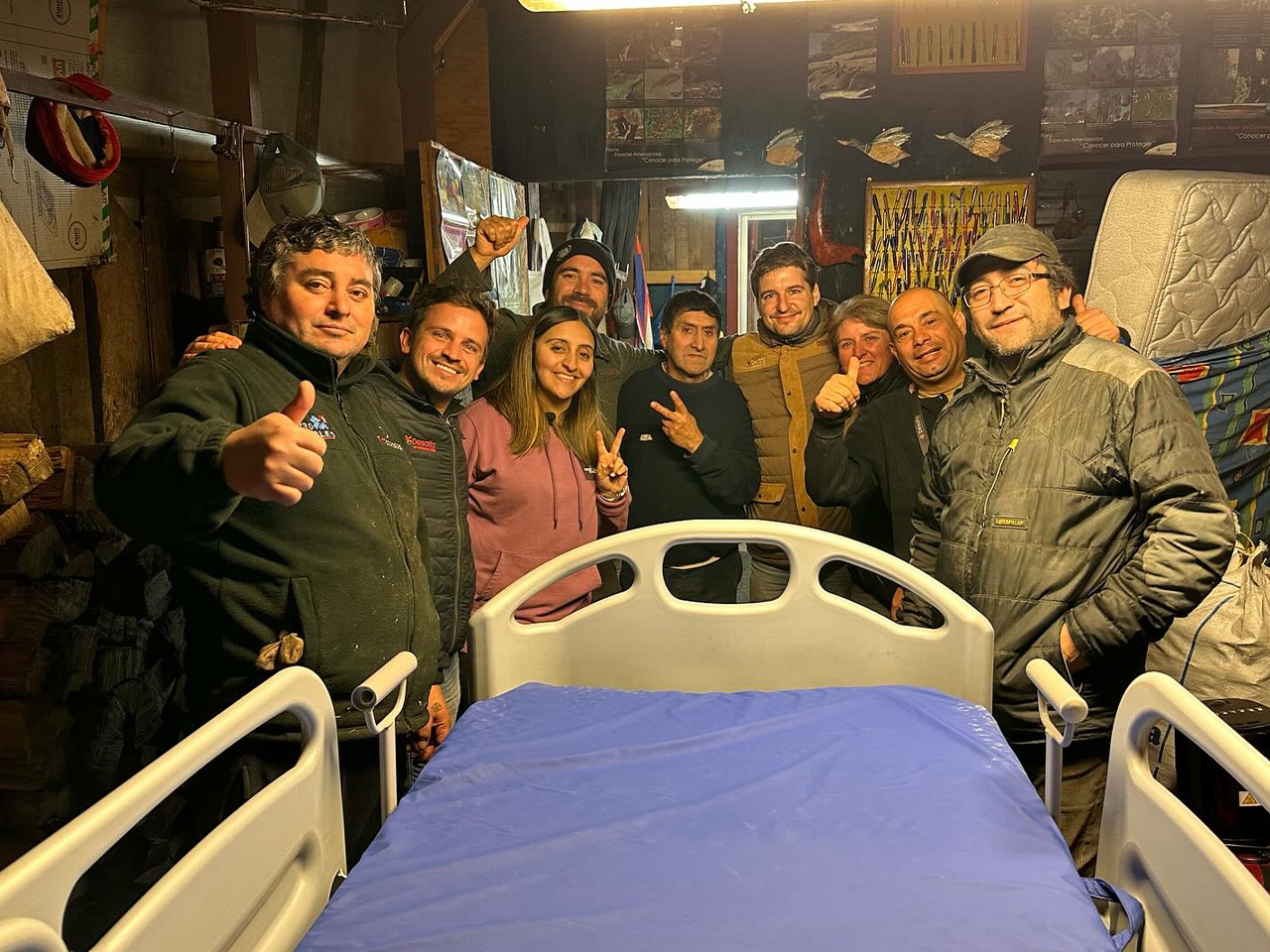Fishermen face danger fighting big oil: “They dragged [Paulo] onto the street and executed him with five bullets to the head”
I look out at the bay, full of plastic, diapers, clothing, tires, and broken items. Sewage and toxic waste from factories and oil companies have polluted this place. Everything here feels dead, and the smell stifles me.
- 2 years ago
March 9, 2024
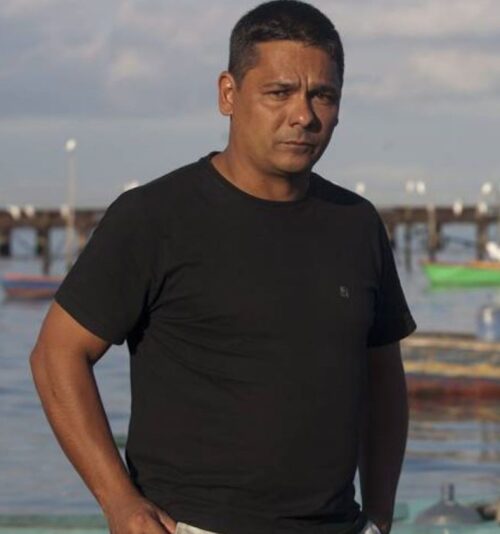
GUANABARA BAY, Brazil — Just 20 years ago, the fishermen in Guanabara Bay made their income from the sea. Increases in oil drilling and improper waste management caused our profession to suffer. These issues also impacted our health and led to issues of hunger.
For 17 years, through the Association of Men and Women of the Sea of Guanabara Bay (AHOMAR), we spoke against major projects like those by Brazilian petroleum company Petrobras. [In January 2000, Petrobas made headlines for spilling 350,000 gallons of oil into the Guanabara Bay. It wasn’t the first or last major incident involving Petrobras in Brazil.]
We, the fishermen, saw the destruction of fishing opportunities and the harm to the environment. Our action kicked off a dark chapter in our lives. As we confronted fishing bans, we began to encounter extreme violence.
Read more environment stories at Orato World Media.
How pollution destroyed a bay full of life and sparked my environmental activism
I start my fishing boat in the morning, surrounded by darkness. Steering through the dirty water filled with garbage and smelly mud, the sun begins to rise. I look out at the bay, full of plastic, diapers, clothing, tires, and broken items. Sewage and toxic waste from factories and oil companies have polluted this place. Everything here feels dead, and the smell stifles me.
I think back to earlier days when healthy mangrove trees graced the bay amongst clean beaches and what felt like a magical ecosystem. In the waters and along the coasts, dolphins, turtles, crabs, and fish of all kinds thrived, while a diversity of birds fluttered through the sky. Then, I watched as pollution slowly tarnished the bay’s magnificence, replacing our amazing ecosystem with garbage and sewage as a cloud of chemicals fouled the water.
Now, when I look over at the once-beautiful mangroves, the garbage settling on the banks mixes with their roots, corroding and weakening them. Plastic bags and scrap metal suffocate animals that struggle to survive in this infernal microcosm.
For fishermen like me who live and work on the sea, it is our home they pollute. We notice changes in plants, animals, and the sea itself. As part of this ecosystem, fishermen play a crucial role in preserving aquatic environments and marine species. In my Tupí Guaraní community, I fished as a child. The sea raised me, and when I started fishing in Guanabara Bay, I felt attracted to its immense abundance. Now, having observed its pollution, I take up the role of environmental activist, even though I have no academic training.
A catastrophic oil spill hit the Brazilian bay, turning it into a desolate cemetery
In 2000, a disastrous leak from a nearby pipeline owned by Petrobras caused thousands of gallons of crude oil to spill into the bay, covering an area of up to 40 square kilometers and resulting in a massive natural disaster in Brazil.
On that January night as I fished, oil covered my boat. The water became tinged with death and darkness as fish and birds tried to escape the deadly trap, flapping their wings in vain. In their effort, they buried themselves deeper. Tears fell from my eyes, and I felt as though I was dying with them. For months, unable to fish, hunger and desperation consumed us. The leak destroyed everything.
The bay itself seemed drowned beside us. Hundreds of unused boats lined the coast, their nets asleep on the sand. The scene transformed into a vast cemetery where stunned, stray dogs wandered. In time, we found ourselves surrounded by oil towers, huge ships, refineries, and pipelines. In 2003, new developments began, prompting us to join a group of fishermen in search of solutions, but we found nothing.
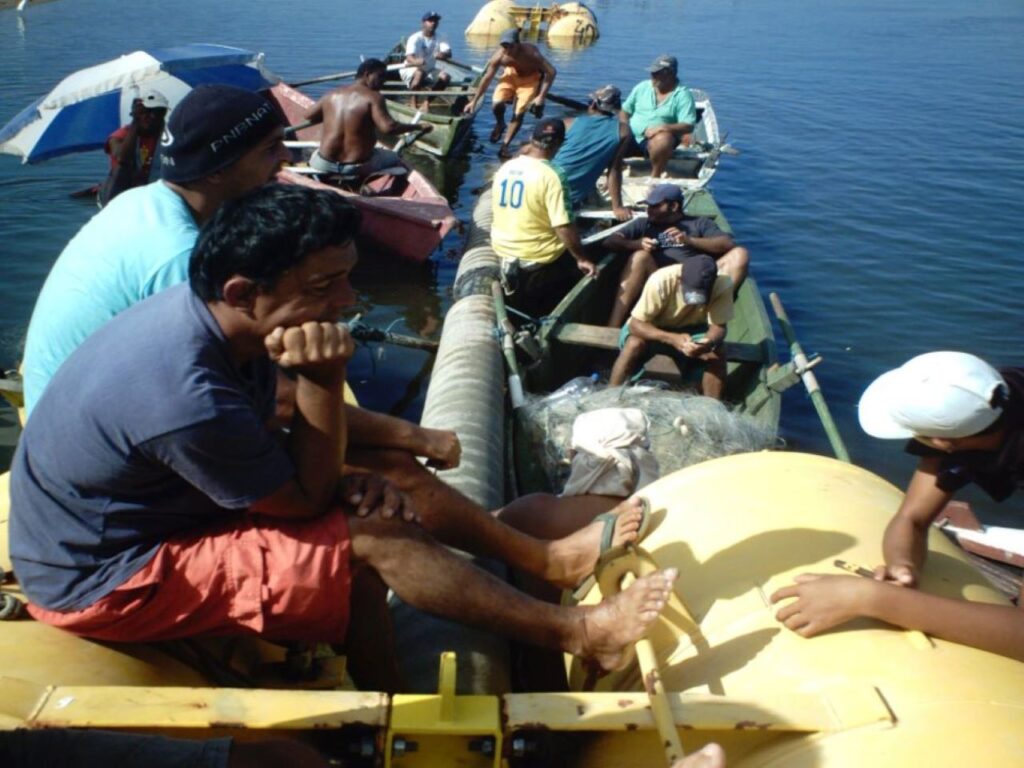
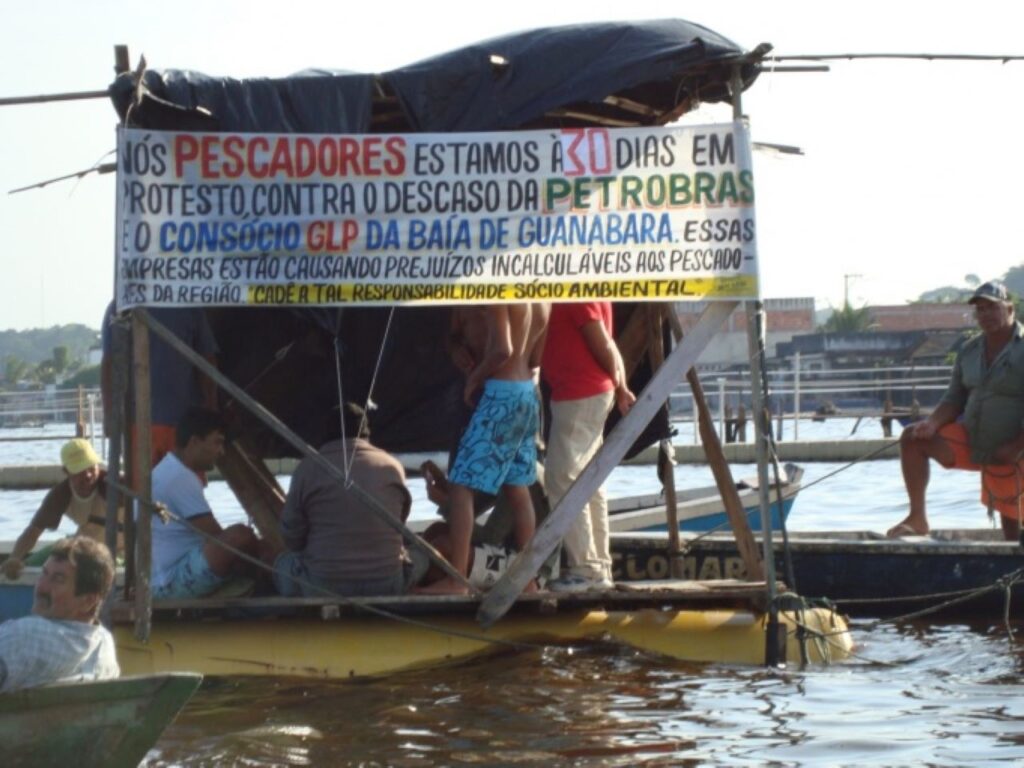
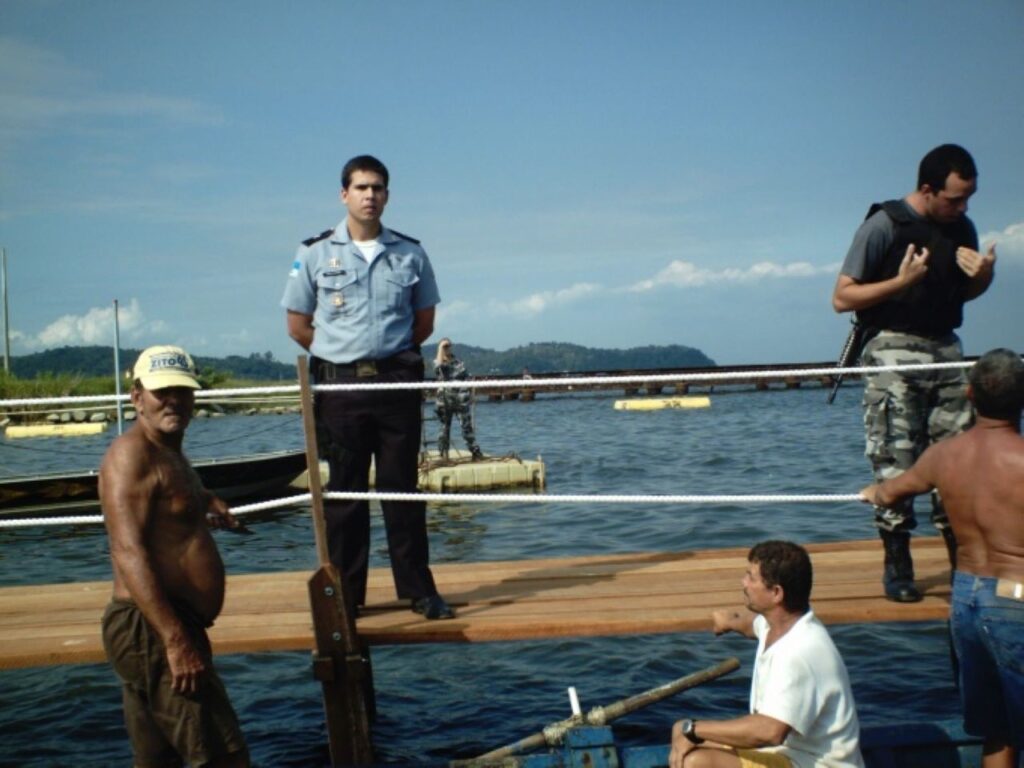
Six years later, in an act of resistance, we anchored our ships to stop the construction of new pipelines and used our network to prevent large ships from passing through the bay. They fired at us with no regard as they advanced, seizing everything in their wake.
Members of AHOMAR face violent attacks and murder
Three weeks later, two armed men waited outside the home of AHOMAR’s former treasurer Paulo Cesar dos Santos Souza, as he returned with his wife. As Paulo made his way inside, they raided the house in the presence of his family, brutally beat and interrogated him, and demanded documents from the fishermen’s association.
They dragged him onto the street and executed him with five bullets to the head, then fled in an unmarked car. Furthermore, in January of the following year, someone murdered fisherman Marcio Amaro, who filed a complaint about the movement of illegally armed men on construction sites.
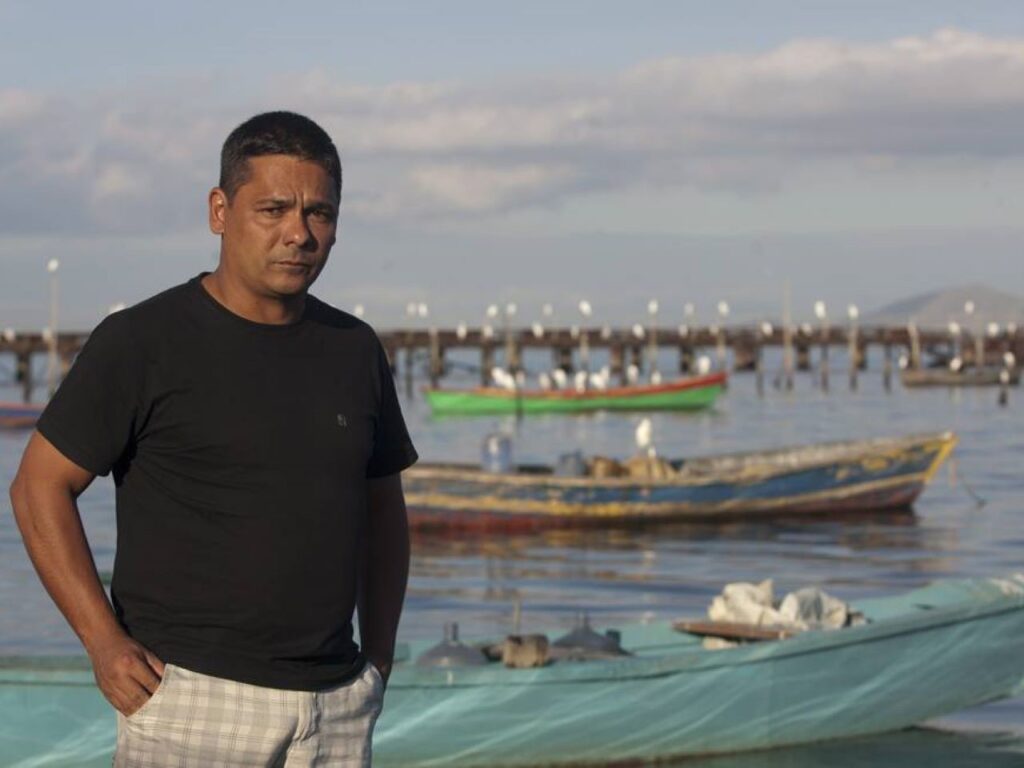
In June 2012, various heads of state convened in Rio de Janeiro for the Rio+20 summit to discuss environmental policies. As the summit neared its conclusion, tragedy struck again when Almir Nogueira de Amorim and Joao Luiz Telles Penetra, two key leaders of the association, tragically perished while fishing in the bay. Penetra’s body appeared in a shipyard days later, with her arms and legs tied with rope in the fetal position. Similarly, Amorin’s body lay tied to his boat with bruises on his neck. After being tortured, these fishermen likely died slow deaths.
In 2020, Navy patrols shot Edilson Aderaldo Marques Filho, a member of AHOMAR, with rubber bullets while he fished in a section of Guanabara Bay near a restricted-use area. He suffered head injuries and lost part of his sight. Moreover, raiders destroyed everything and stole computers at the AHOMAR offices. We believe the militias controlling the area, along with the police, have links to the security guards working on construction sites.
Guanabara Bay is sacred to me, I lost my brother and faced hardships, but I still work for its protection
[When tragedy struck the next time, it hit closer to home.] On what seemed like a regular day, my brother Anísio Souza returned home from work. He served as a stout advocate for marine conservation and the rights of fishing communities in Rio de Janeiro. Suddenly, hooded men approached, and they shot him repeatedly until he succumbed to his injuries. All the while, his six-year-old son looked on. I lost part of my life with my brother that day and the pain remains infinite.
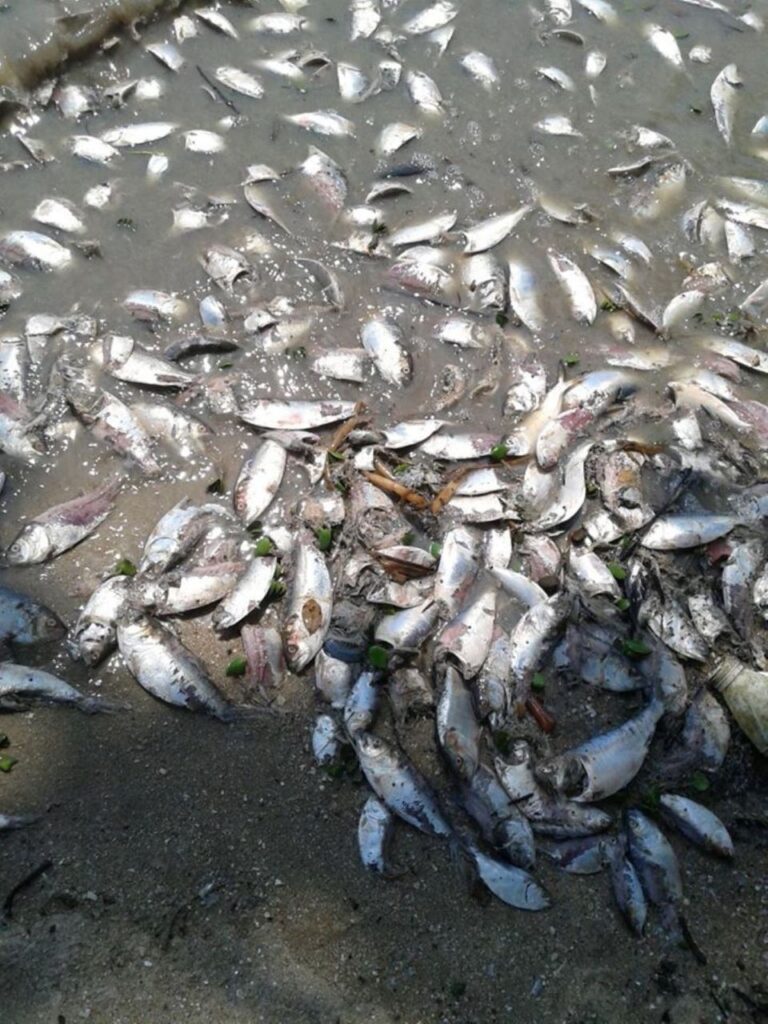
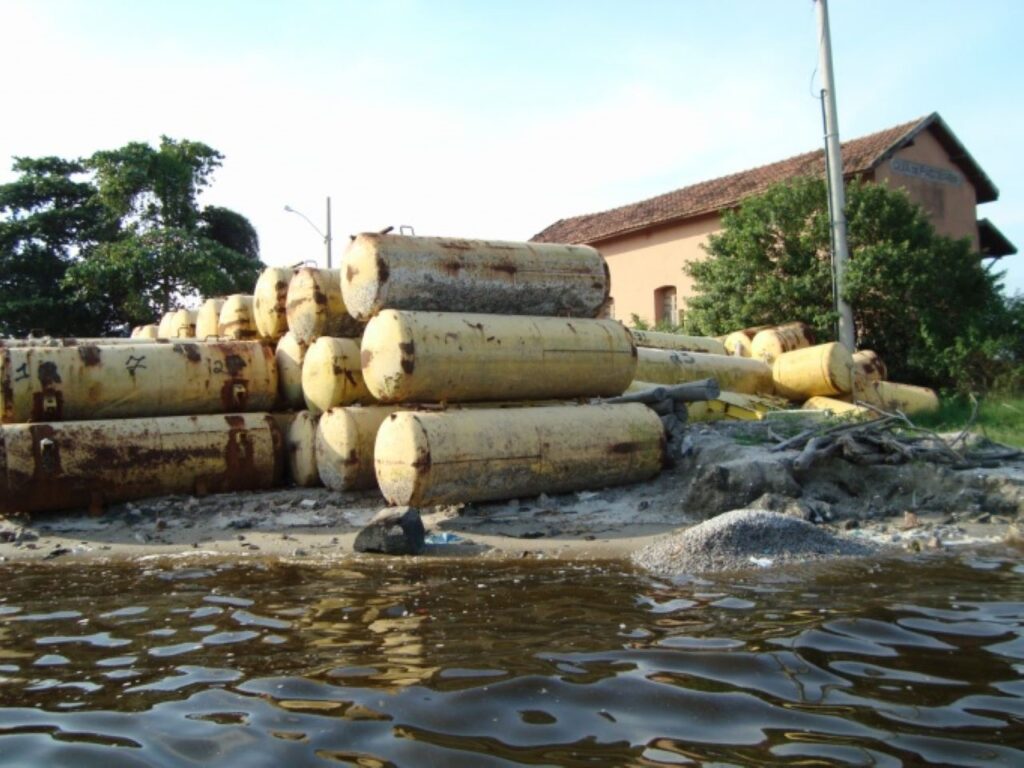
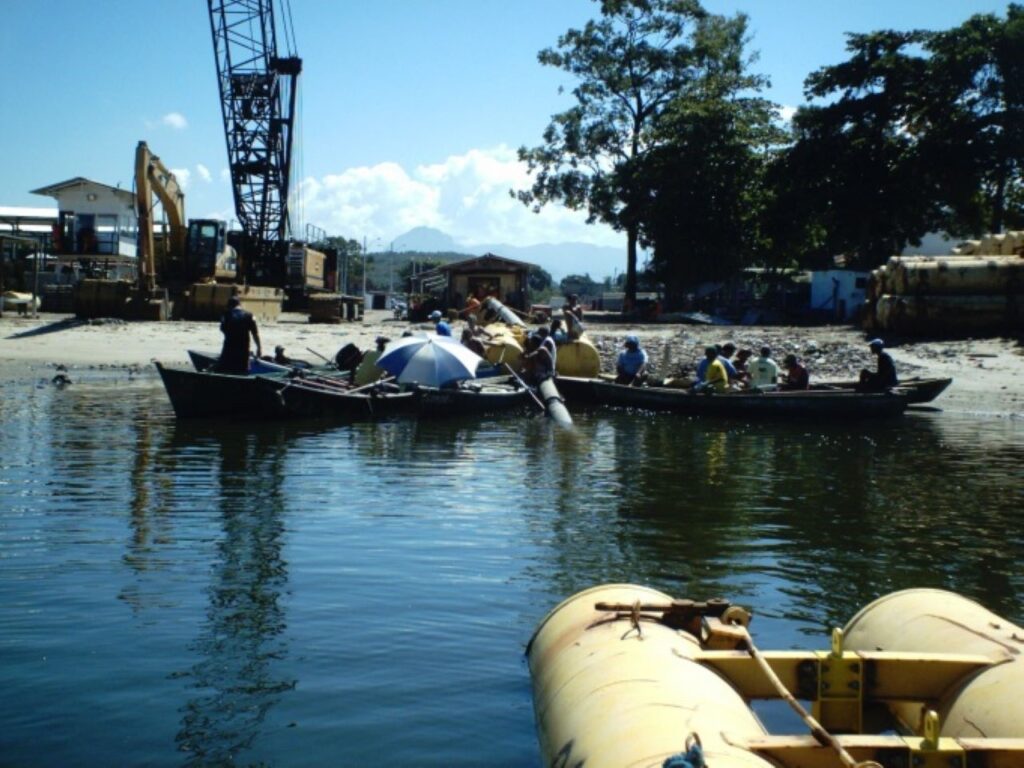
In this scenario, I never feel safe at home. My environmental activism and affiliation with the association have led to me being shot twice, arrested 12 times, and slapped with 28 lawsuits. Those responsible for the natural disaster facing our bay come for us. I do not fear death. “Will they kill me,” I wonder. Even if it comes to that, I refuse to stop fighting because we fisherman are now an endangered species.
In the face of such danger, we refuse to lower our arms or stop the fight. Our choice remains clear: stand strong and survive or use our boats as firewood to cook our last meal on the beach.
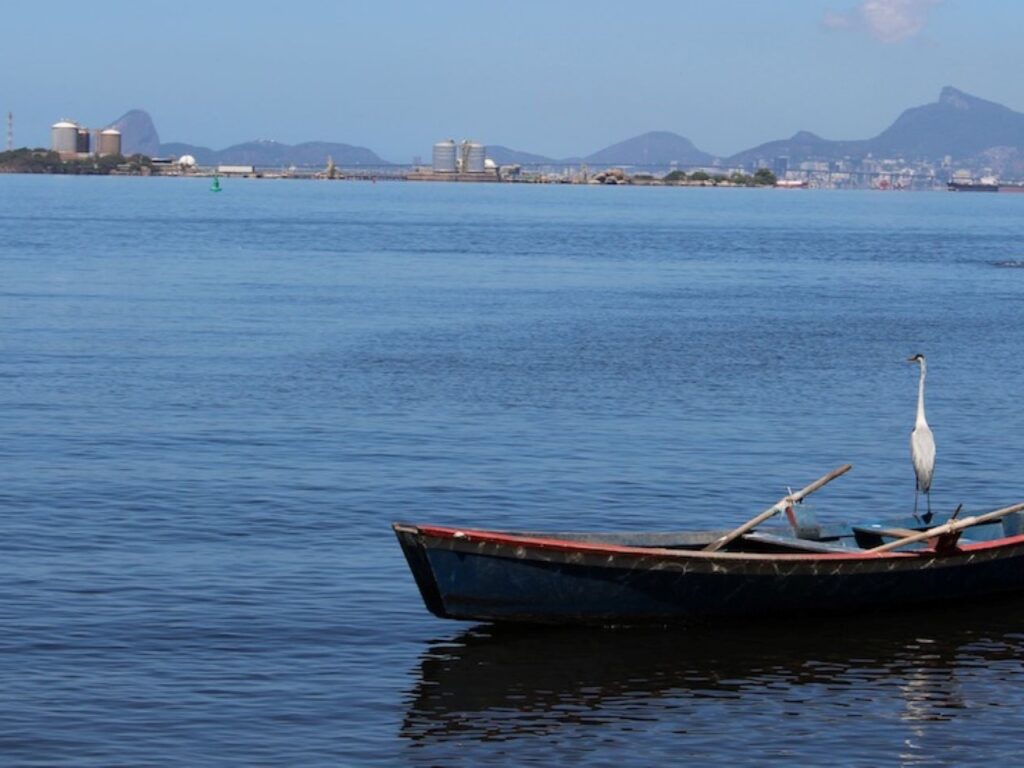
I choose to resist. I actively patrol the bay for oil spills, illegal construction, and other environmental crimes despite being placed under a federal protection program. The fishermen grow stronger, and we will not cease. Guanabara Bay remains a sacred place to me. I revere it like a temple.
It pains me to witness its gradual transformation into an open dump and a disgusting, criminally-exploited industrial center. Our tireless work has attracted international attention for environmental justice. When this all started, I looked at the oil with sadness. Today, I feel anger. I worry about the future, but I believe – I hope – one day the oil will run out.

